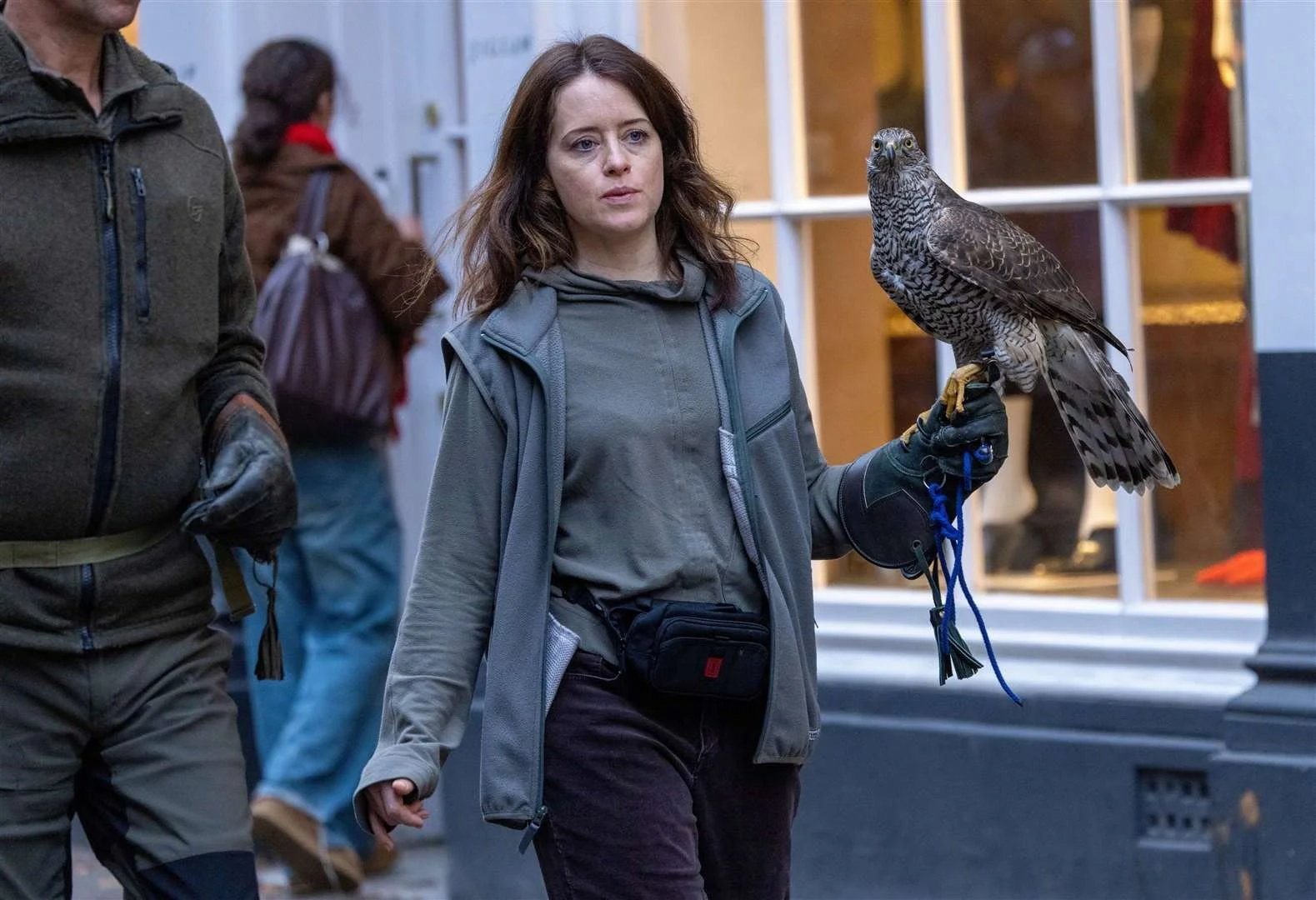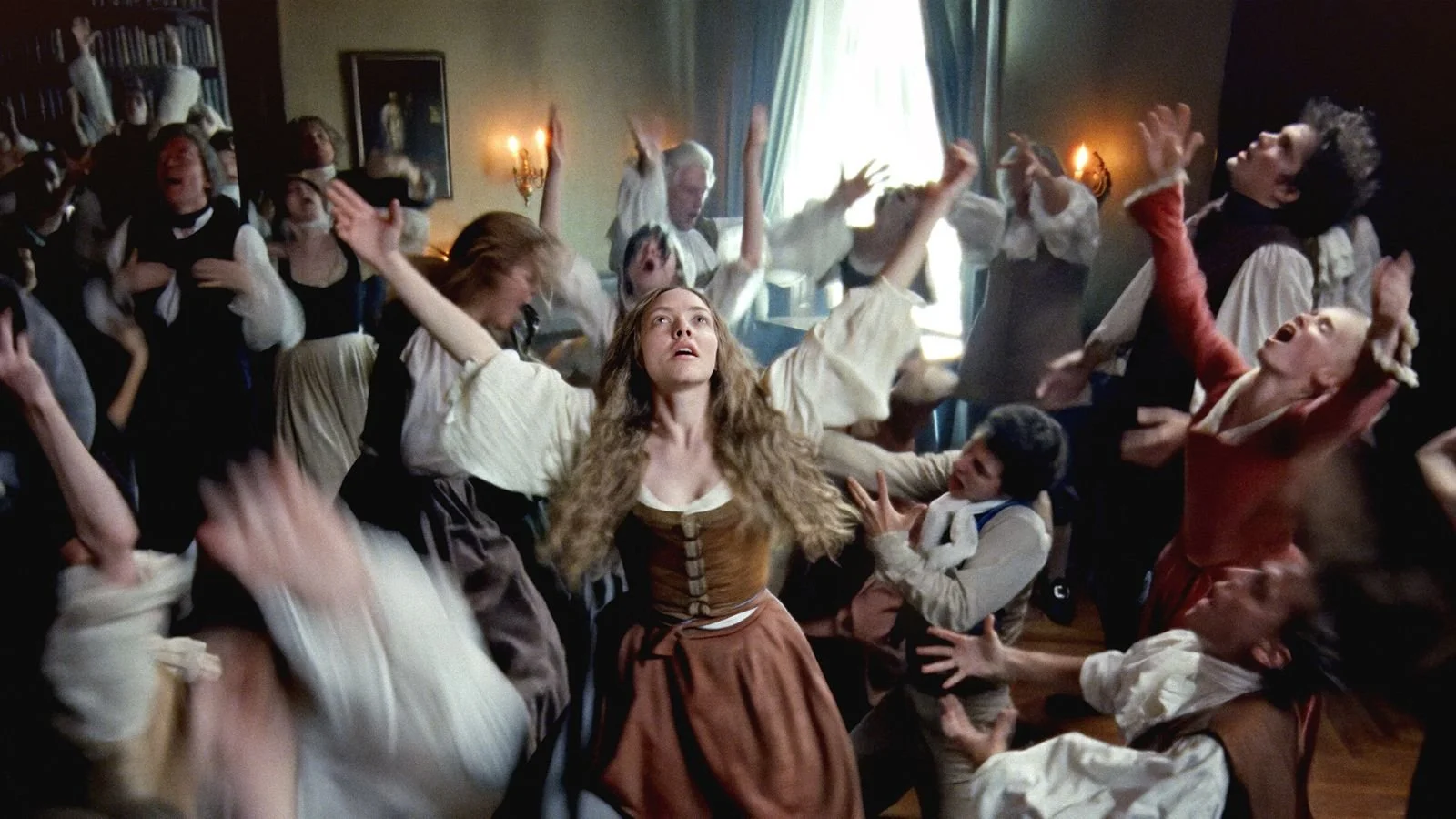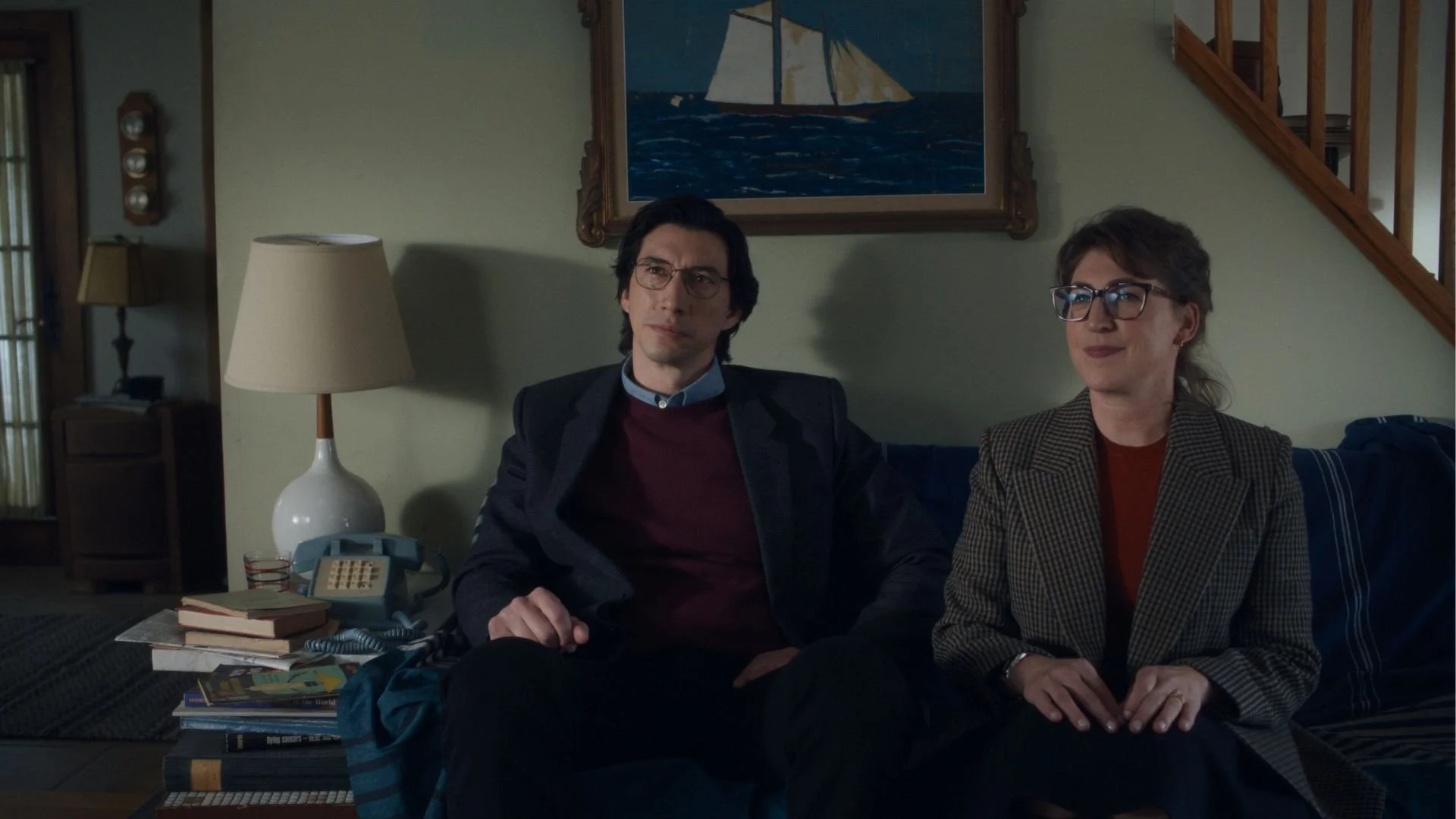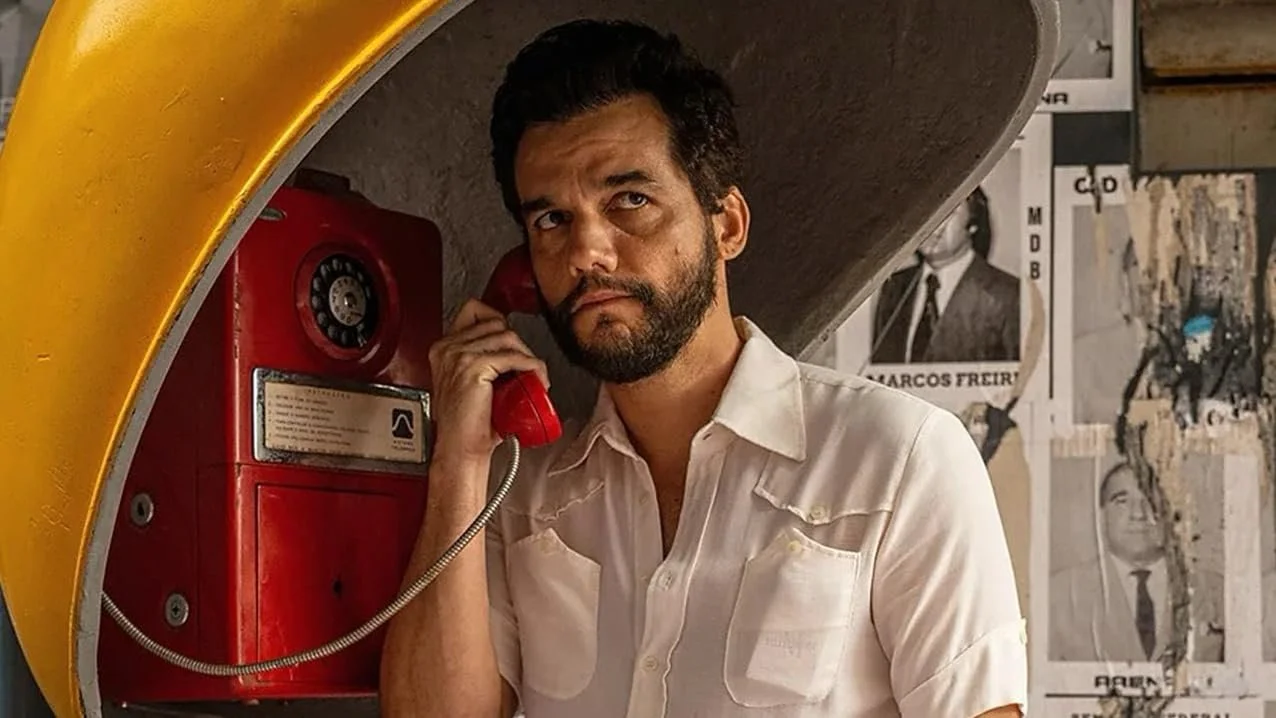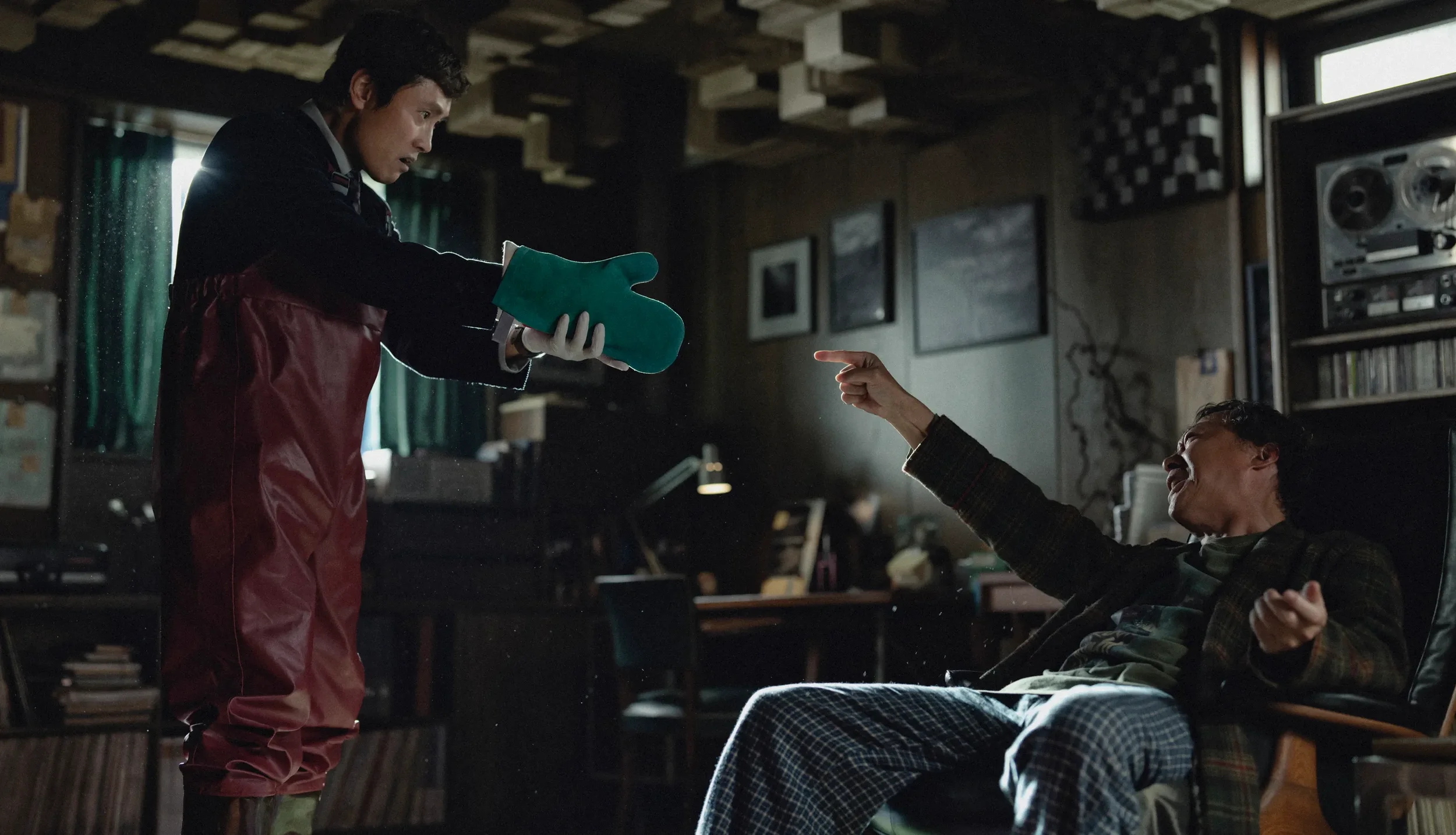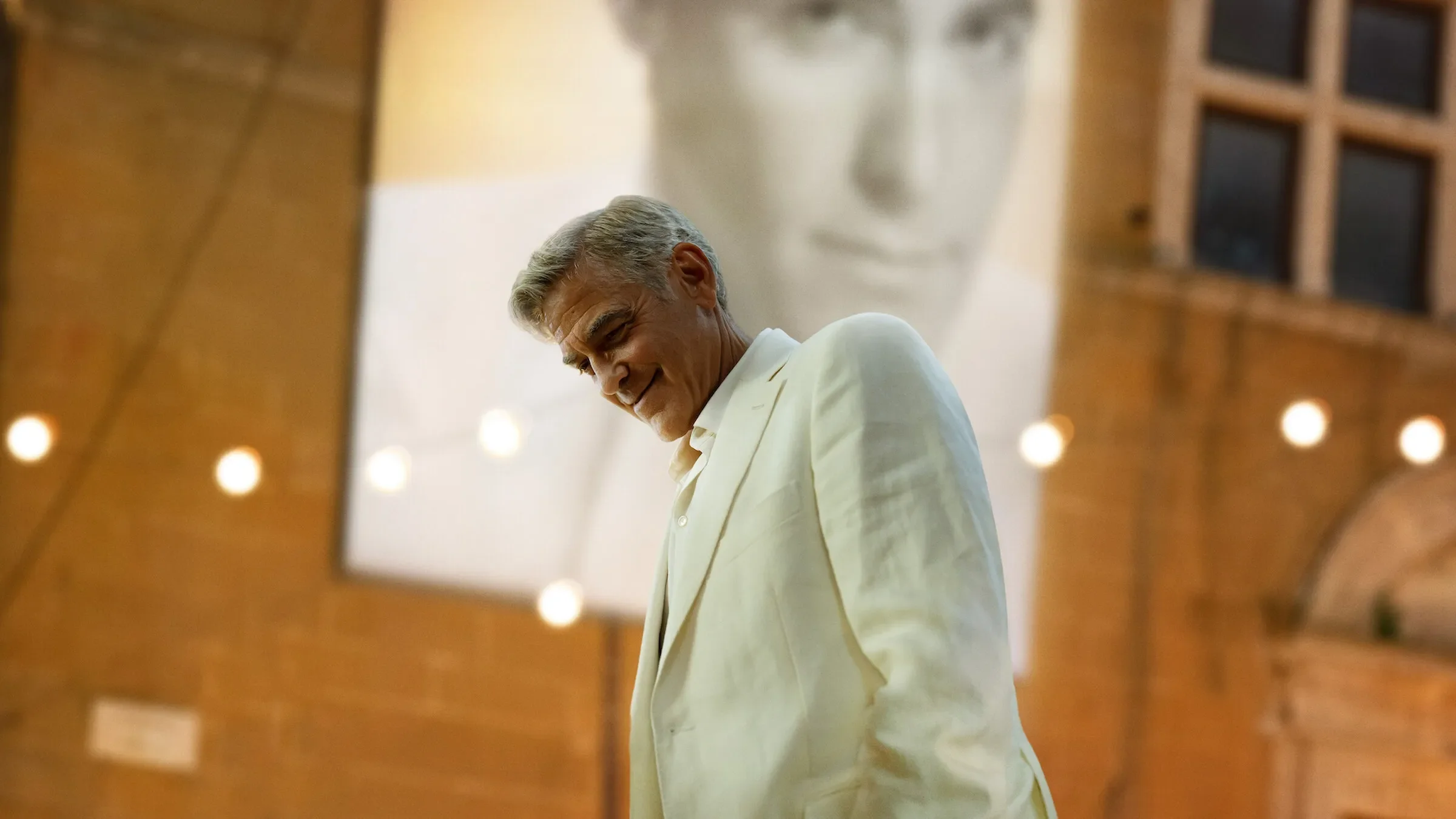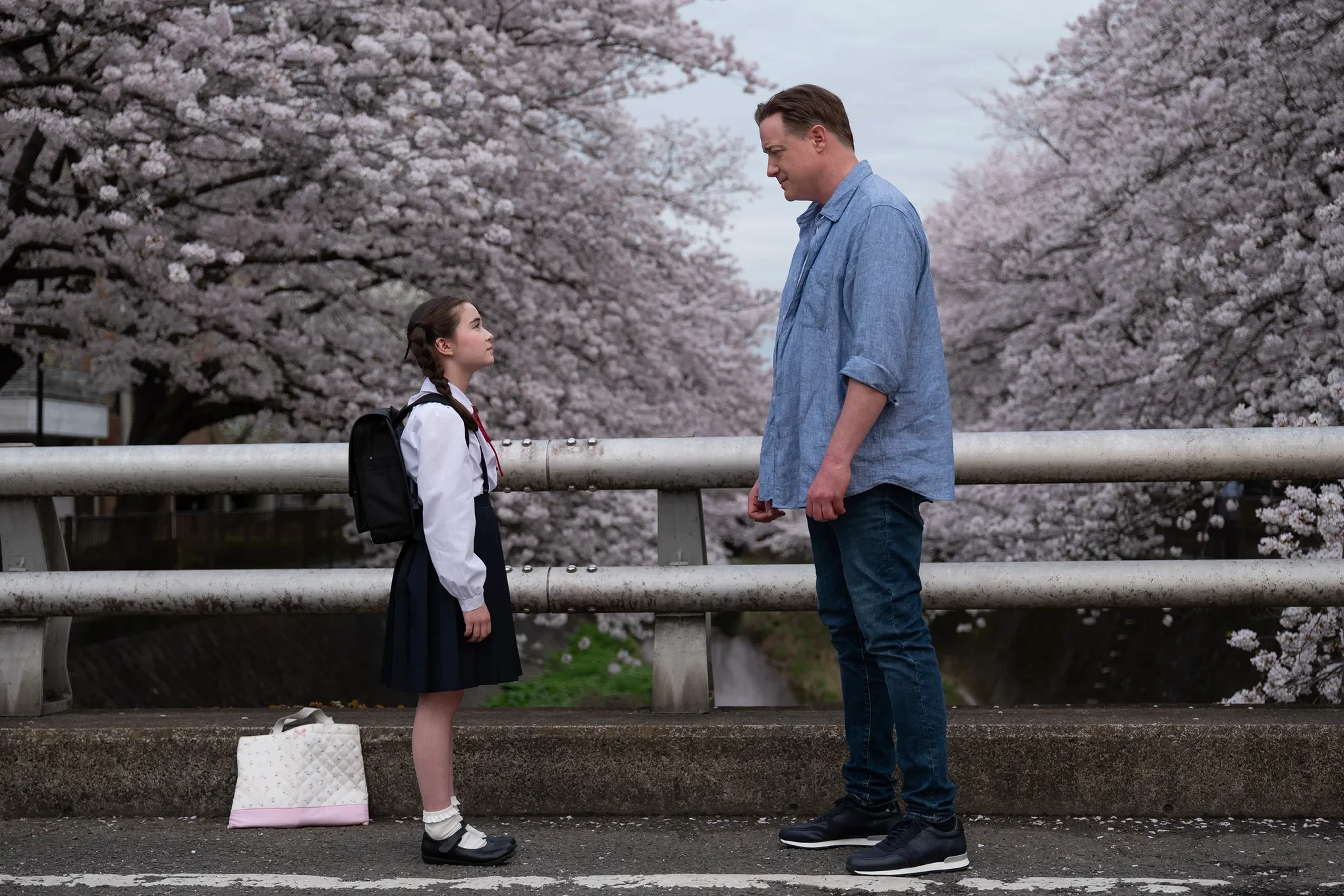THE CHRONOLOGY OF WATER
Directing: B
Acting: A
Writing: B+
Cinematography: B-
Editing: B-
There’s a lot to love about The Chronology of Water, Kristen Stewart’s feature directorial debut. I just didn’t love all of it. I can see how it might work in its entirety for other people, but its endlessly quick and random cuts in the editing grew tiresome for me, as did the incessant voiceover, poetic as it might be.
Stewart also wrote the script, adapting from the memoir of the same name by Lidia Yuknavitch. This makes it a little harder to groan at yet another movie about someone working through astonishing traumas, as it’s based on real-life events. Suffice it to say that Lidia’s father is a deeply horrible person. Maybe the source text does a better job of explaining the logic in this, but I found myself astonished to find Lidia, and her older sister Claudia, kept him in their lives even after they grew up. Trust me, based on everything we see here, he deserves to be discarded and forgotten.
I suppose I could just be speaking from my own experience as a survivor of child sexual abuse—something that is not even quite clear is going on in The Chronology of Water for a while. Stewart presents a highly stylized story, shots in all awkward angles or extreme close-ups. Lidia doesn’t even state plainly to anyone that her father was sexually abusive until the last act of the film. We all deal with trauma in specific and individual ways, I guess, and this was how Lidia did it—first by finding the release of self-reflection through writing, and later, apparently, through the dreamlike lens of fractured memories. Or at least that’s the way it’s filtered through Kristen Stewart’s lenses.
The Chronology of Water begins with quite a stretch of this kind of dreamily fractured presentation, dialogue either minimal or nonexistent. It tested my patience a little, to be honest. There comes a point where an actual narrative comes int focus, but it’s some time before that happens. I get what this movie is going for, I guess—there’s a sense of being inside Lidia’s mind, prone to addiction and self-destruction, repressed memories brought back by specific triggers. There’s a challenge to this experience, and your mileage may vary when it comes to its effectiveness.
For me, what saves The Chronology of Water is the performances. Imogen Poots is a revelation as Lidia, unsurpassed by any other performance in awards contention this year. Thora Birch is incredible, and slightly underused, as Claudia, Lidia’s revered older sister who leaves home to save herself even though it means leaving Lidia behind. There’s a curious element to the relationship to these sisters, where you might expect Lidia to grow up resenting her for leaving her in the sights of their disgustingly horrid father, but it is established early on how Lidia worships Claudia—”You were mythic to me,” she later tells her. It would seem that never quite went away.
As you might imagine, water figures prominently in the story here, though I still left the movie not quite understanding the phrasing. But, Lidia is a competitive swimmer, who is offered multiple partial scholarships, all of which her father (played by Michael Epp, an unsettling combination of handsome and creepy) dismisses by declaring it means she’s “not good enough.” Eventually her mother (Susannah Flood), who is usually totally checked out, comes through and gets her off to college. “I almost loved her,” Lidia says, in voiceover. But after Lidia squanders her potential as a swimmer with drug and alcohol abuse, she eventually finds writing as an outlet, and the plot turns yet again. There are several scenes with Jim Belushi as novelist and mentor Ken Kesey, and he is also fantastic.
To Kristen Stewart’s credit, a whole lot of detail gets packed into 128 minutes, and it manages not to feel overstuffed—occasionally difficult to follow, but the broader arcs are easier to register. The performances in this film are the strongest argument for seeing it, and that consistency across the cast is an indicator of Stewart’s talents. I have to admit, I really sold her short back in the Twilight days. (To be fair, it’s still true that her performances were shit in those movies.) This is a woman who has truly broadened her horizons and effectively diversified what she has to offer—and, in the right hands, is actually an amazing actor herself (consider Spencer, my favorite film of 2021). Clearly she knows what great acting is, and can coax it out of others.
It’s the technical stuff I’m less convinced by. It’s not incompetence, to be clear: it’s easy to tell that all the choices here are very intentional and thought through. They just made much of The Chronology of Water, particularly in the beginning, feel inaccessible. I felt pretty detached from this movie for the first quarter or so of it, and that’s more than enough time to lose a lot of people. I’m hesitant to say you should stick it out, but in the end I was glad I did.
Imogen Poots is amazing in this movie that is otherwise a bit of a mixed bag.
Overall: B


